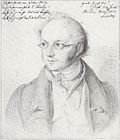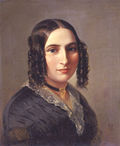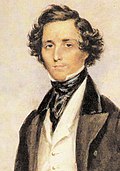The Mendelssohn family are the descendants of Mendel of Dessau. The German Jewish philosopher Moses Mendelssohn and his brother Saul were the first to adopt the surname Mendelssohn. The family includes his grandchildren, the composers Fanny Mendelssohn and Felix.






